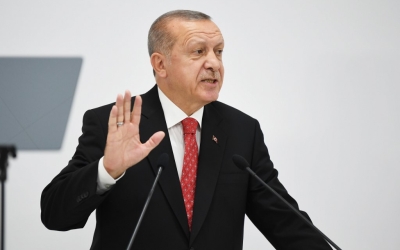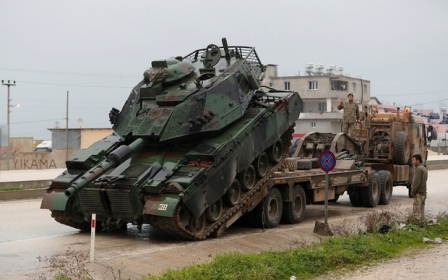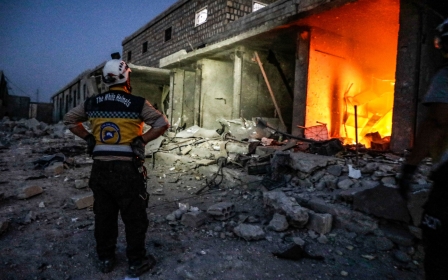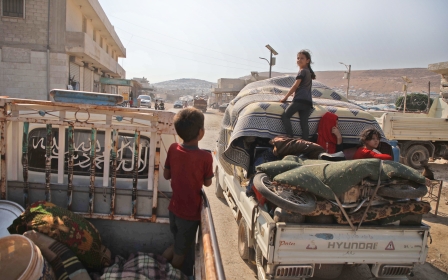Turkish military hit by raft of resignations amid Idlib predicament
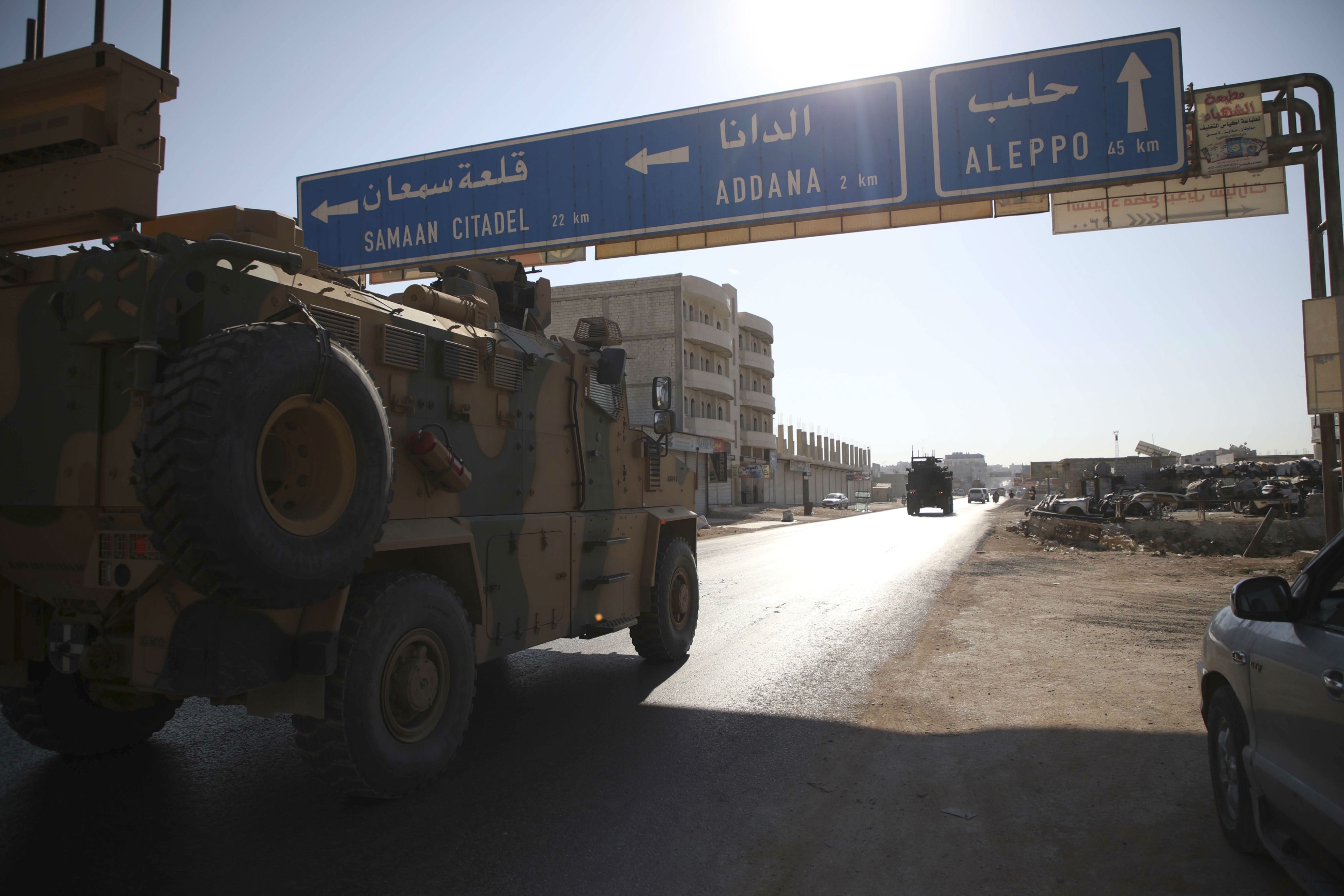
Five Turkish generals are reportedly seeking to retire from the military after being tasked with operations along the southern border and in Syria's Idlib, handing the army another headache as it grapples with a tense situation in the Syrian province.
Two Turkish officials confirmed to Middle East Eye that some generals have asked for retirement but declined to provide further comment.
Major-General Ahmet Ercan Corbaci, the joint special task force commander responsible for mechanised infantry forces in Idlib, and his deputy, Brigadier-General Ertugrul Saglam, were among the officers who wanted to step down, according to Turkish media reports on Monday.
The Turkish military has found itself in a deeply uncomfortable position in the Syrian battleground province.
One of its observation posts in the southern Idlib town of Morek has been completely surrounded by pro-Syrian government forces, who are largely hostile to Turkey. Meanwhile, a military convoy travelling through the province is stranded after being intercepted by Damascus's fighter jets.
The predicament in Syria has asked difficult questions of the military, as Ankara looks for a diplomatic route out of the situation and Turkish troops refuse to budge.
Officers' dissatisfaction
Turkish Defence Minister Hulusi Akar on Monday tried to downplay the importance of the generals' resignations.
“Our friends, with their own initiative, can retire upon completing their services. We have two petitions in that regard and we confirmed them,” he told journalists.
There has been no suggestion that the resignations were in response to developments on the ground in Syria.
'There are intra-military tensions due to changing Syria policy, as well as possible complaints due to new assignments'
- Ozgur Ozkan, analyst
Veryansin TV, a news site close to the Turkish military that first reported the resignations, instead speculated that the retirements were prompted by a sense of dissatisfaction over a raft of recent appointments to different positions.
“These are the first resignations following the 21 August assignments. People who served in active conflict zones aren’t content. This is why they had wanted to leave,” Veryansin TV said.
“Some commanders believe their new appointments weren’t made based on merit. While some officers without experience in the east have been assigned to important positions, war veterans were sent to inactive missions.”
Safe zone tensions
Ozgur Ozkan, a fellow at the University of Washington who specialises in the Turkish military, said multiple reasons might have contributed to the retirements.
“There are intra-military tensions due to changing Syria policy, as well as possible complaints due to new assignments,” he told MEE.
One point of contention, Ozkan said, has been policy over Kurdish-held northeastern Syria, from which Turkey has long sought to remove Kurdish militants.
Earlier this month, after firing off repeated threats of a military offensive, Turkey announced it had reached an initial deal with the US to set up a safe zone in northern Syria.
The plan is designed to satisfy Ankara’s concerns regarding the Kurdish People’s Protection Units (YPG) militia, which is a US partner but considered by Turkey to be the Syrian branch of the outlawed Kurdistan Workers' Party (PKK) militant group.
“There was a serious intra-military resistance with regard to safe zone plans," Ozkan said, adding that officers hostile to the deal with the US have been "eliminated".
As part of the plan, Turkish and American generals conducted a joint reconnaissance flight over northern Syria on Monday, taking the first concrete step to implement the deal.
Turkish President Recep Tayyip Erdogan said that Ankara, in coordination with Washington, expects to see Turkish troops in the safe zone very soon.
However, some former officers don’t believe the safe zone plan will work out.
Brigadier General Erdal Sener, who was recently discharged honourably due to insufficient staffing positions, called the plan "an illusion".
“The safe zone announcement is something used to deflate the tension within Turkish society,” Sener said.
Turkey's issues in Syria would only be resolved by talking to Damascus, not Washington, he added.
Middle East Eye delivers independent and unrivalled coverage and analysis of the Middle East, North Africa and beyond. To learn more about republishing this content and the associated fees, please fill out this form. More about MEE can be found here.



